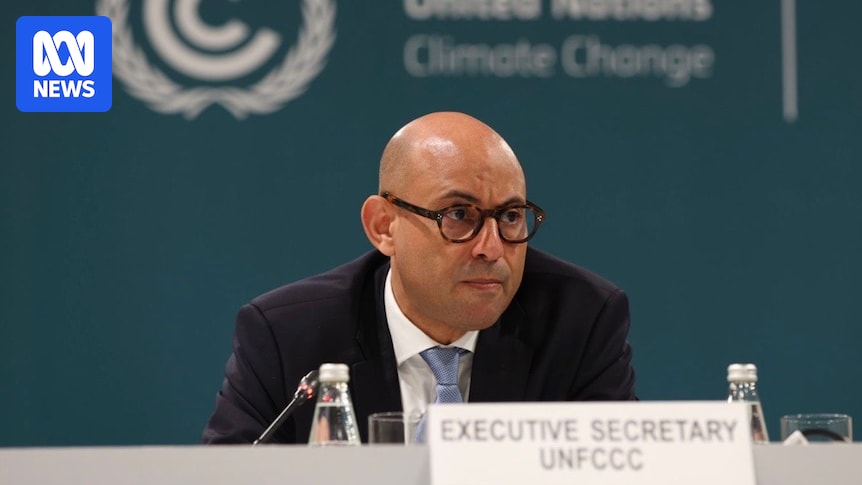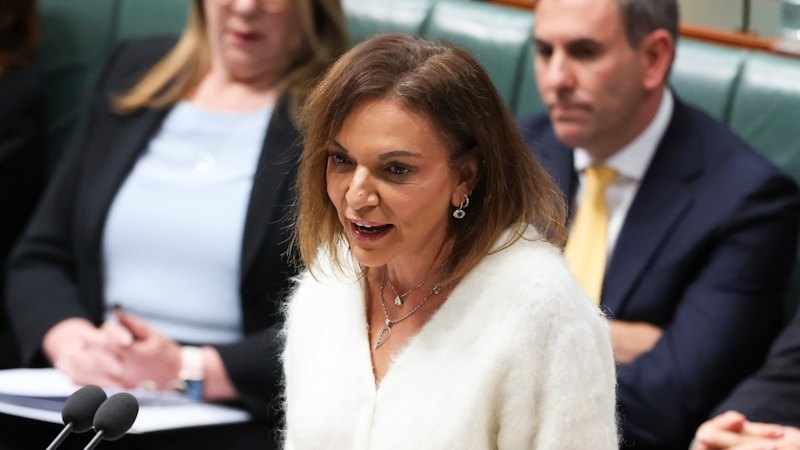
In a pivotal call to action, UN climate change executive secretary Simon Stiell has urged Australia to adopt an ambitious carbon emissions reduction target for 2035. Stiell emphasized that embracing clean energy could bring “colossal” economic benefits to the nation. The Australian federal government is expected to announce its 2035 target by September, amidst ongoing debates within the Coalition regarding its net zero by 2050 commitment.
The Climate Change Authority (CCA) is currently formulating advice suggesting a target between 65 and 75 percent, which will guide the government’s submission to the UN’s climate agency. Stiell, who oversees the agency responsible for the Paris Agreement, is visiting Sydney and Canberra this week to encourage global climate ambition.
Australia at a Crossroads: A Defining Moment
Stiell described the upcoming climate target as a “defining moment” for Australia, stressing the importance of creating a blueprint that safeguards Australian workers and businesses in a rapidly evolving global economy. During a speech to investors and clean energy advocates in Sydney, he warned that “unchecked climate change” could act as an “economic wrecking ball” for both the Australian and global economies, making immediate action crucial.
“Unchecked climate change would cripple Australia’s food production and drain trillions from national GDP by 2050,” Stiell stated.
He further highlighted that climate disasters are already costing Australian homeowners $4 billion annually. “Half measures will destroy property and infrastructure, hammer households, bankrupt regions, and punch holes in public budgets,” he cautioned. “Real action opens the door to real leadership and big rewards for this ambitious, capable country.”
Opportunities in Renewable Energy
Standing alongside Stiell, CCA chair Matt Kean echoed the urgency of the situation, noting that the stakes “couldn’t be higher” for Australia. He emphasized that pursuing net zero emissions presents a significant opportunity for the sun-rich and mineral-rich nation. Kean’s remarks included a nod to former U.S. President Donald Trump’s “drill, baby, drill” with his own version: “‘Shine, baby, shine’ and ‘store baby store’ should carry an Australian trademark and be hollered from our rooftops — perhaps with an Aussie accent,” he said.
Kean is currently preparing advice for the government to inform its next major climate action commitment, ahead of the next international climate conference. He stressed that “maximum ambition should be the catch-cry.”
Global Context and Future Directions
This development follows a period of significant shifts in global climate policy. Under the Trump administration, the United States withdrew from the Paris Agreement and reduced clean energy subsidies. However, Stiell pointed out that investment in renewables in countries like India and China is “off the chart,” with “trillions of dollars shifting” globally.
“A ‘bog standard’ 2035 target would be beneath Australia,” Stiell asserted, urging the government and businesses to aim for transformational change.
He concluded by encouraging Australia to pursue a climate plan that not only envisions policy but also delivers substantial benefits for its people. “Don’t settle for what’s easy. Bog standard is beneath you. Go for what’s smart by going big. Go for what will build lasting wealth and national security. Go for what will change the game and stand the test of time,” Stiell urged.
As the deadline for announcing the 2035 target approaches, Australia’s decision could set a precedent for other nations grappling with similar challenges. The move represents a critical juncture in Australia’s climate policy, with potential implications for its economic future and global standing.






